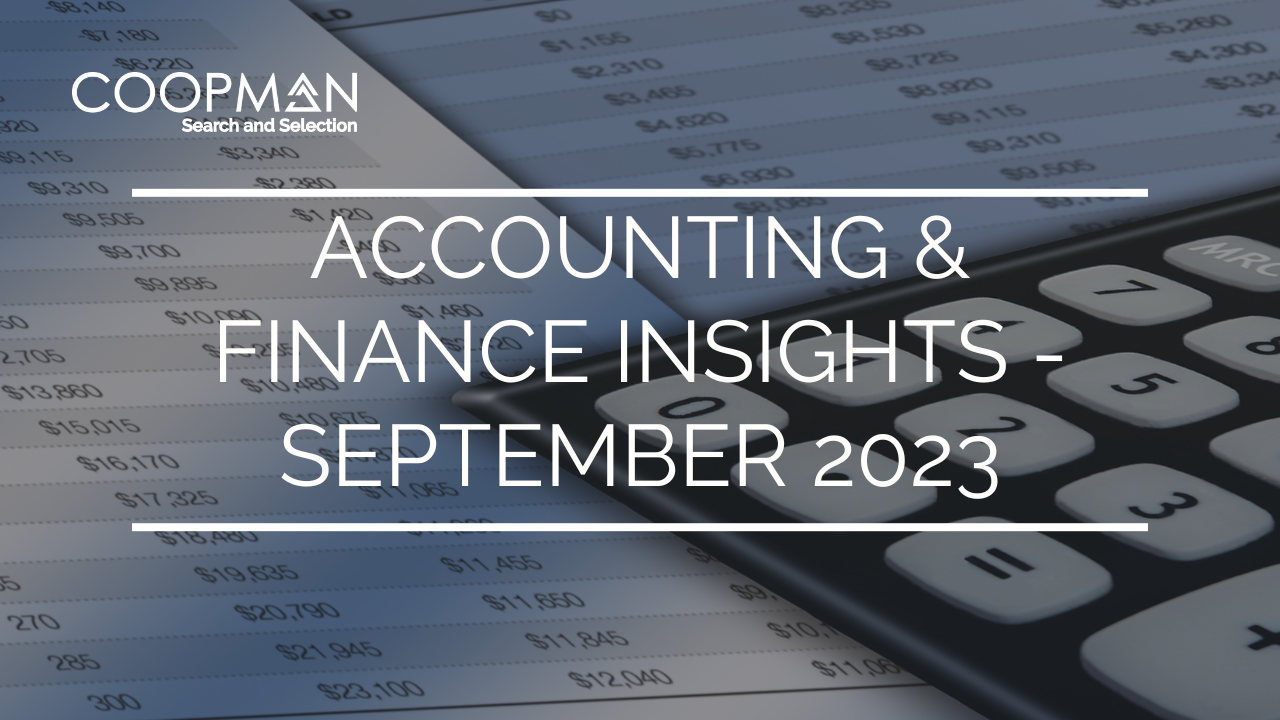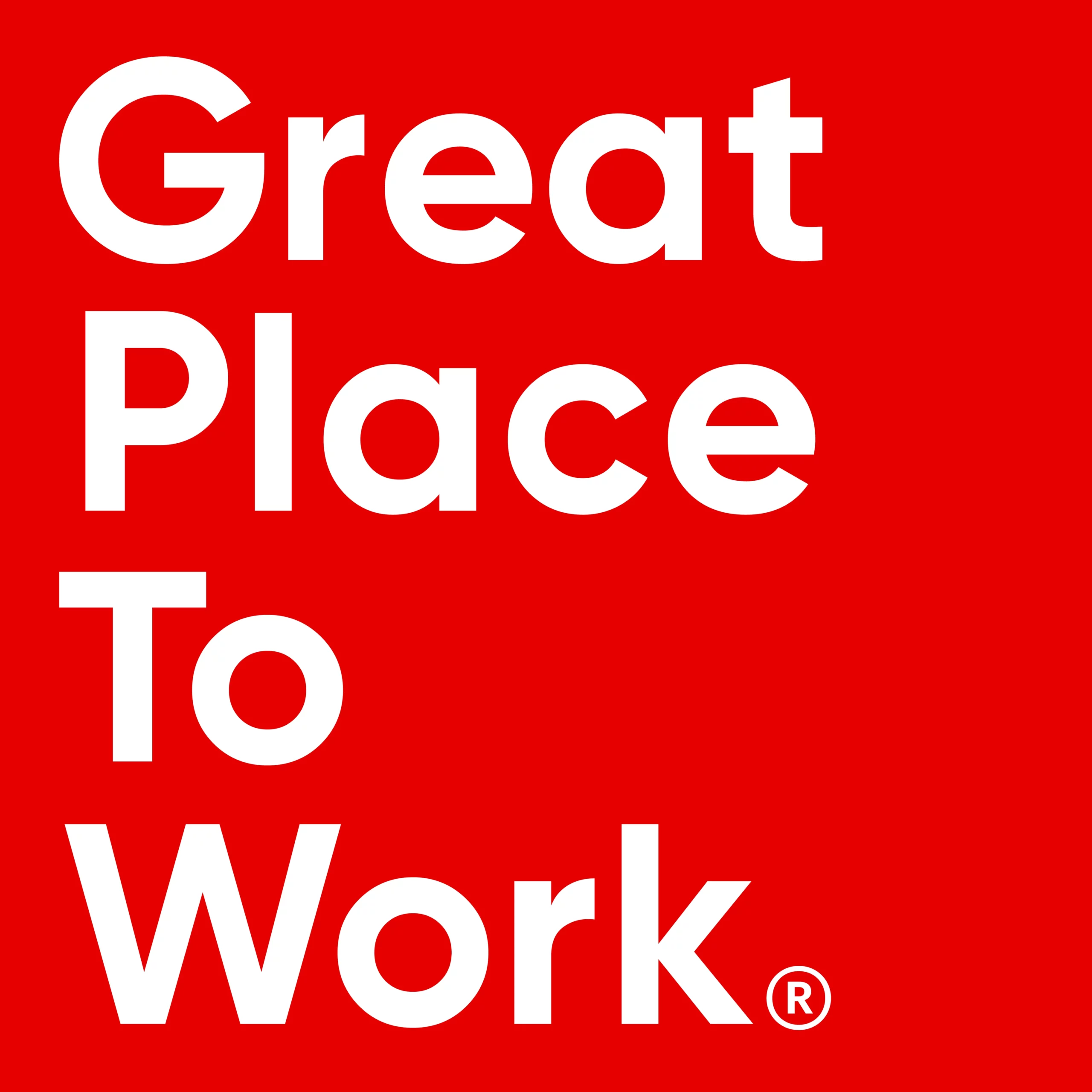The Accounting and Finance industry in Ireland has undergone significant change over the last 10 years. After the global banking crisis in late 2008, this had an obvious and massive impact on economies globally and the movement of people stagnated somewhat with some countries impacted worse than others. In Ireland up until 2013 and 2014, there was little or no job creation, the Irish economy was stuttering; and once consumer confidence grew again and economies began to grow, people started traveling once again. In Ireland, during this time there was a substantial period of mass emigration for those present in the industry, specifically Newly Qualified Accountants (NQAs). Fast-forward a decade later, there is a noticeable resurface of this trend, mirroring the circumstances of what occurred over 10 years ago. However, today, the motivations surrounding this mass movement of young professionals from Ireland has changed considerably.
In 2013/2014, the reasons for the previous movement were more obvious; a severe lack of local Irish jobs, and no real opportunities in the major urban centres in Ireland, whilst in contrast there was hope of better career prospects in international markets such as Australia, UK, Middle East, and North America. In 2023, these motivations have changed greatly. COVID, being the catalyst this time around, has impacted greatly the lack of social freedom for young professionals; the severe lack of human interaction with colleagues since March 2020 and has led to the “want and need” to emigrate to an international location despite the vast availability of roles here especially for Newly Qualified Professionals.
To make matters worse, Dublin today is not seen as an attractive location of choice for the majority of qualified accountants. Most young adults in Dublin are living at home, and according to the Central Statistics Office of Ireland (CSO), 60% of respondents said the reasons they live with their parents are predominantly financially driven. Dublin is incredibly expensive for a young professional to save for a mortgage whilst even considering renting. Unfortunately, for local businesses in our capital city, the bright lights of Sydney, Dubai, New York, or Toronto appeal more. The lack of high-quality rental properties in Ireland’s major cities further adds to this growing and concerning situation.
Challenges for companies:
2022 witnessed limited mobility within the accounting sector. The base salary then for NQAs stood within the range of €50,000 to €55,000. Now, this figure has undergone a notable increase of around €10,000, with certain instances even demonstrating a rise to €70,000. Companies that have commenced the recruitment of newly qualified accountants within the last year are encountering challenges as this approach to hiring aligns with their historical practices, which had previously been perceived as a cost-effective staffing solution. The rise in demand coupled with an insufficient supply is not limited to the “Big 4” firms alone but extends across all those holding ACCA, CIMA, and CPA qualifications and impacts all accounting practices on the island.
Companies are likely to encounter considerable challenges in the next 2/3 years in terms of attracting new talent, effectively navigating this wage inflation, and retaining their workforce. With that being said, it is advised that companies should speak to their teams to understand their individual motivations. It is vital to consider what your company culture is, how it is promoted at the talent attraction stage, and how it is cultivated to enhance retention strategies.
If you require guidance regarding your ongoing resource planning and addressing these challenging circumstances, please get in touch with Director and Co-Founder Mark Fallon at mark.fallon@coopman.ie








